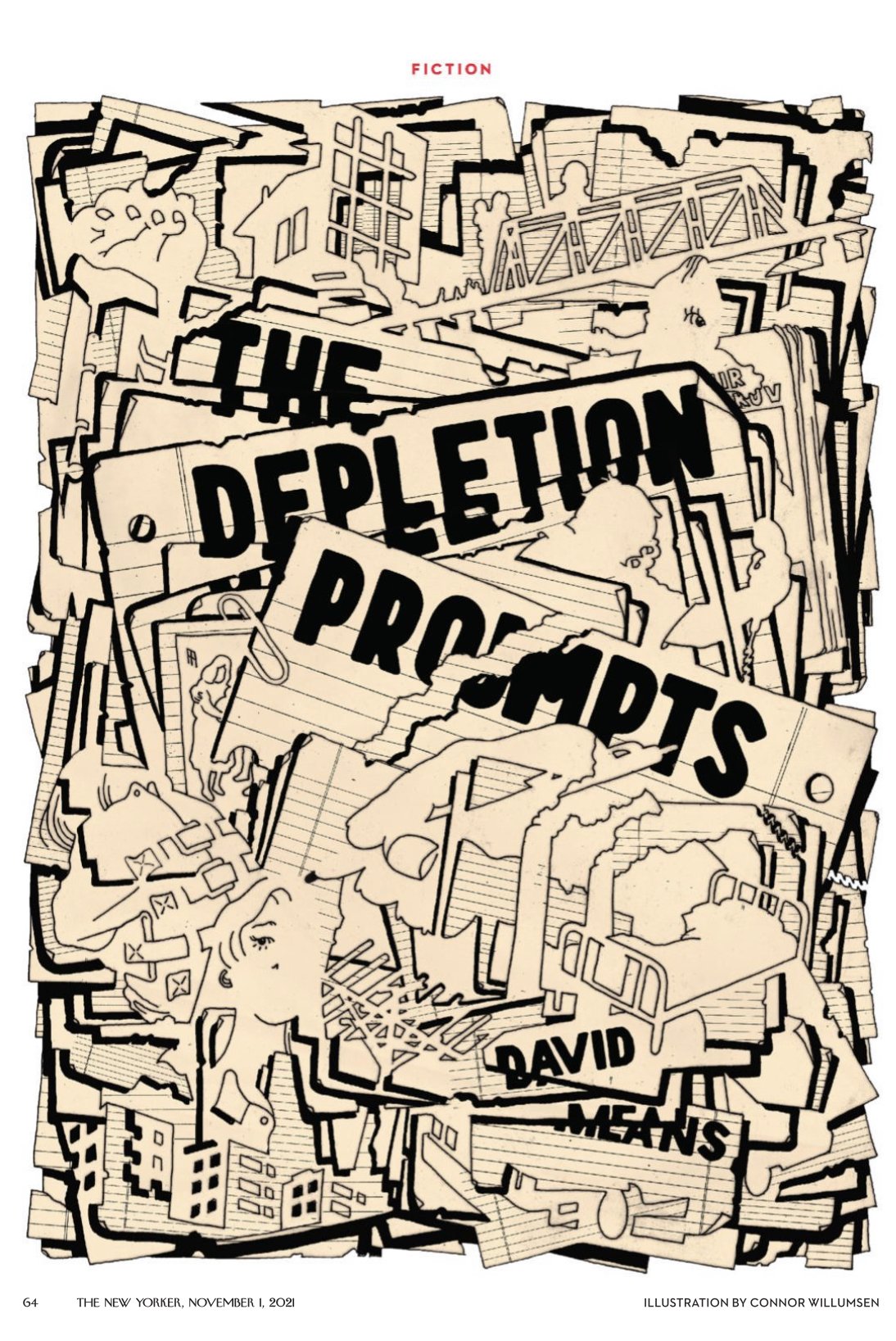Morning reading: "Figure out the sentence, figure out the paragraph..."
Adam on the practical writing advice of literary stars.
I kept thinking about Colson Whitehead’s writing process while mowing the lawn yesterday. I am inspired by the practicality of his comments. Last month Ezra Klein interviewed Whitehead. Below I have condensed a few of Whitehead’s answers.
I’m not someone who can just wait around waiting for the muse to come. […] So I have to have a plan every day and sometimes it’s, describe Ray Carney’s office. Describe Pepper, another character. And so if I have an outline, I know what I’m doing each day, and if I plan the angle of attack, in terms of voice and structure, I won’t get 200 pages into a book and think, oh, this is really a dumb idea. I should never have started. […] A lot of it’s in my head, but I do break it down to one-page sequences. And so it is, “describe Ray Carney,” “introduce the furniture store,” a list of bullet points. And that helps me know where things should go. Obviously, if you’re going to introduce the main character, it’s probably not at the end of the book. Some things follow logically, in terms of the chronology, and you move up and down my little list — my weird little list. Here’s the flashback to Carney’s childhood. Where is the best moment to deploy that? Towards the end? Toward the middle? Towards the beginning? And so all these little three- or four-word descriptions are rising and falling in my outline. […] I think I’m always humbled when I go back to work the next day after something nice happens and remember how just hard the job is. It doesn’t get easier just because it went well last time. I still have to figure out the sentence, figure out the paragraph, talk myself into thinking that the story is viable.
Read the complete Colson Whitehead/Ezra Klein transcript or listen to the interview here.
Along the same lines, I can’t stop thinking about Franzen saying he is “just trying to make sure that every sentence is cliche-free and has a thought in it.”


